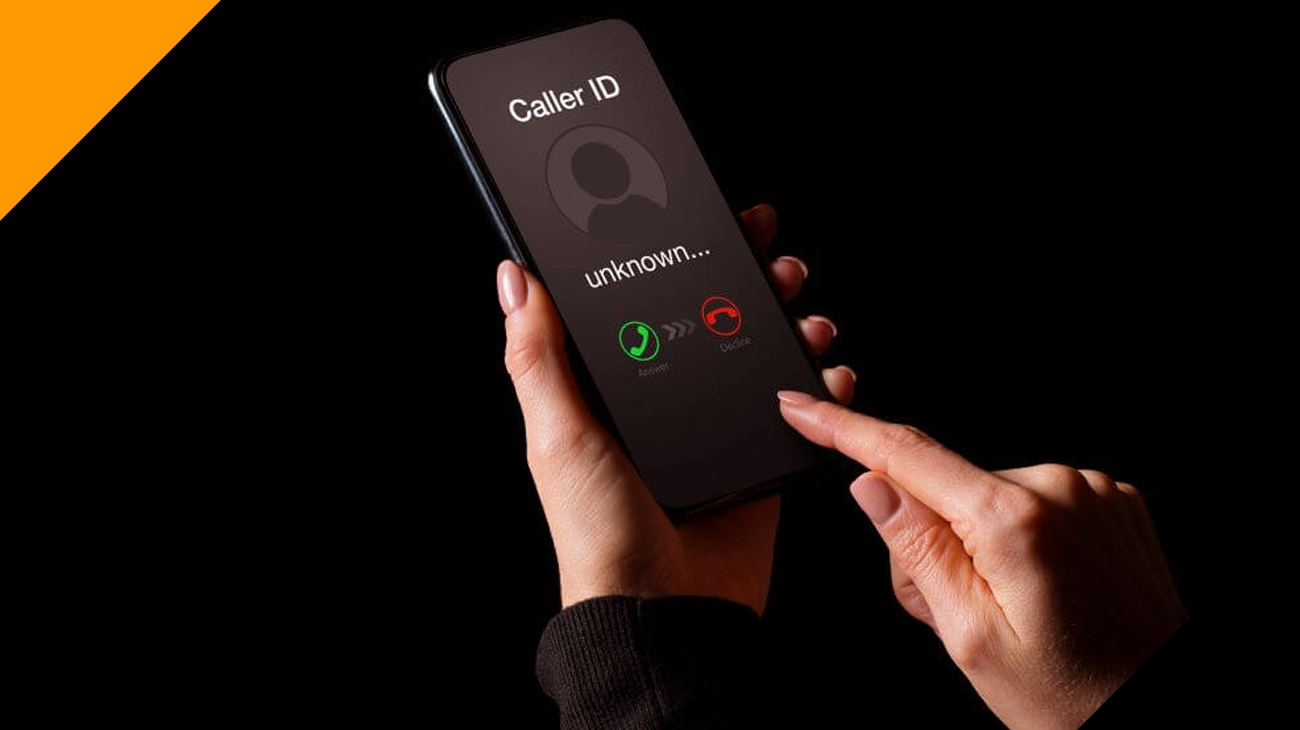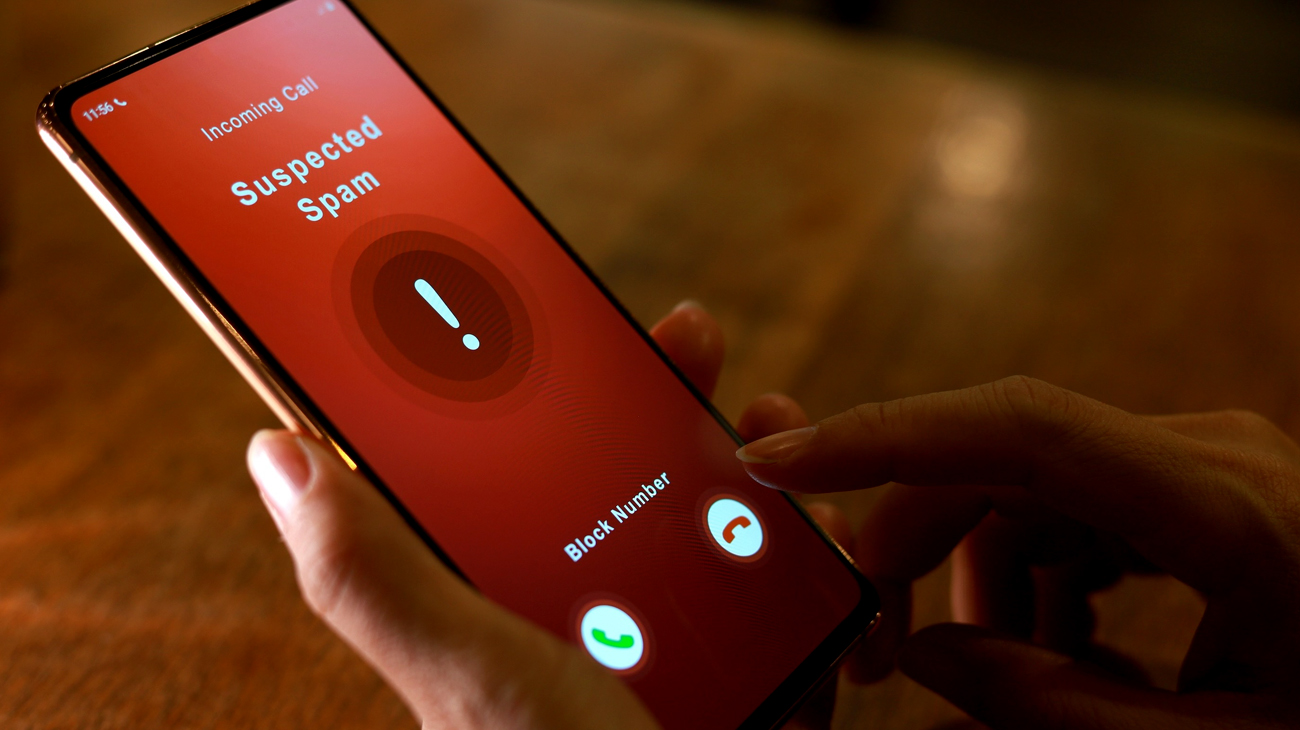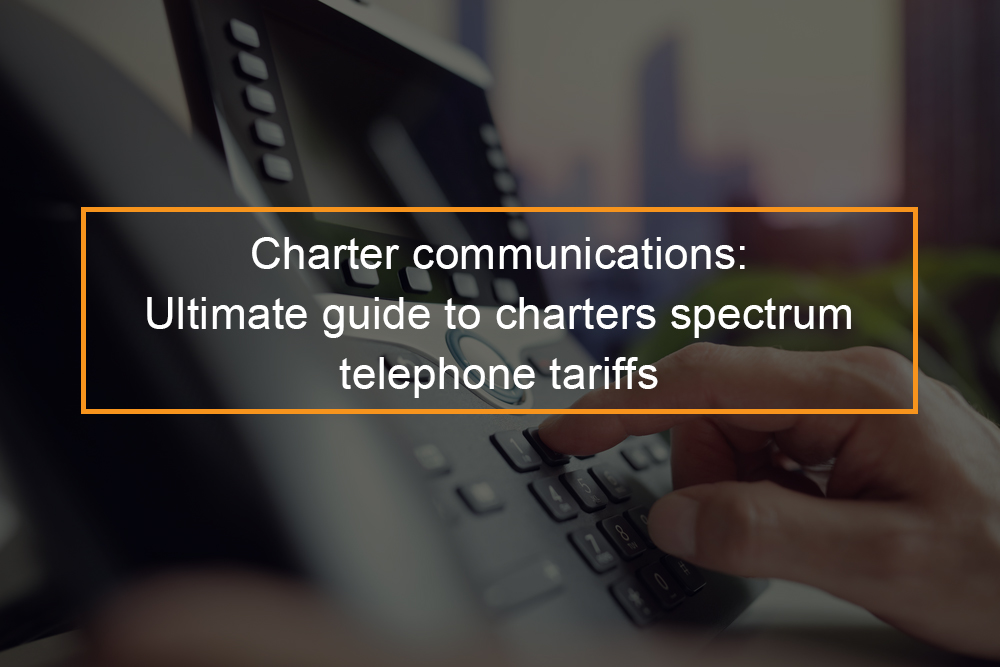Find Out What To Do If You Fall For A Robocall Scam

Recognize and Avoid Robocalls
There’s nothing more frustrating than phone calls that are automated – especially when they’re trying to take advantage of you. Did you receive a phone call to change your warranty on your car, however you do not have a vehicle? Does the voice message sound like an audio recording? Unsolicited calls that contain recorded messages, also known as”robocalls,” are a problem since the advent of the phone. They’re becoming more frequent.
The problem is that robocalls can be commonplace and, if you’re not cautious they could be risky. What exactly do they mean by robocalls? Can robocalls steal your identity? What are you able to do about them?
Table of Contents
Can robocalls steal your identity?

Can robocalls steal your identity? It’s true. Robocalls are able to steal information about your personal identity. A robocall is a recorded message transmitted by a computerized dialer. They are usually connected to telemarketing companies as well as political parties. However, scammers have been making use of robocalls to obtain personal and financial details from victims.
What are robocalls?
A robocall can be described as a call which broadcasts recorded messages via auto-dialing software that is sent to millions of people every day. If you answer your telephone and receive the recorded message, instead of an actual person talking it is an automated call.
Certain robocalls offer useful details, such as reminders to make appointments or cancel flights. Most of the time, however, they try for you to buy something and the majority of them are frauds.
How Scammers Use Robocalls to Steal Personal Information
The following scenario is likely familiar to you. Your phone rings and it is a non-known number. Local area codes are used so you pick up the phone. Perhaps a friend or family member has a new number, and you think. When you dial to the number, you’re met by silence for a few seconds. Then, someone starts talking. Sometimes, they say that you have called them and want to learn your name. Sometimes, they inquire about the protection against viruses on your computer.
Scammers employ auto-dialers and fake area codes to fool users into picking up the phone. Then, it’s a numbers game. The fraudsters want as much information regarding the recipient of their call as they can. It could be everything from names and birthdates, to birthdates and credit card numbers.
How to Identify a Robocall Scam
However, it’s not always possible to be able to determine if a call is legitimate because of the phenomenon of call spoofing. By spoofing calls, scammers disguise their calls as a legitimate, known or even a local number. Spoofers can appear to be your personal number. Instead, become acquainted with the signs of an incoming robocall by looking for:
- A clearly recorded message. Like we said, any recorded message that tries to convince you to buy something is most likely to be a fraud.
- There is silence at the start of the conversation. The system calling you is probably waiting to hear your response before pressing.
- A voice that resembles an actual person, but whose timing is wrong. Certain robocalls can be sophisticated enough to resemble a real conversation, by using an underlying script that is based on the expected answers, but if we remain silent, you’ll be able to hear them going on in silence without you.
- Calls about products that you don’t have. If a phone call mentions the extended warranty of your car, but you don’t own an extended warranty it is likely that it’s a fraud.
- Messages that appear urgent. Certain robocalls use urgency to get you inclined to take action. For example, they might declare that you’re Social Security number has been compromised or there is an arrest warrant to arrest you.
What Types of Robocall Scams Are There?

There’s a variety of scam robocalls that are circulating on phones and cell towers in the present, however, most of them are alike in the sense that they attempt to appear authentic. Some rely on the fears of legal or financial problems, while others take an opposite approach, trying to lure you with promotions or even winnings.
The way in which scams are carried out may differ, but generally it is an automated call that tries to connect you with someone who is actually a person. This person is designed to appear genuine, but is in fact an integral part of the fraud.
- Tech support. When you call the scammer pretends that they are tech support such as Apple or Microsoft. They’ll typically claim that something is wrong in your computer or account, then promise the opportunity to “fix it” for you. They might try to convince you to install a program to do this, however it will not repair your computer, however, it will cause it to become infected.
- Stolen identity. Sometimes, you’ll get an urgent phone call informing you that your identity was stolen. Then, they require personal information for them to “verify” you’re who you claim to be. In reality, they’re taking your identity.
- Financial problems. Scammers typically claim to represent big credit card companies or banks. They’ll say that they’ve noticed suspicious activities on your account or that your credit card was stolen. They can be particularly tricky since banks frequently phone to warn you of fraud. But, unlike the frauds that use robocalls, legitimate banks will not ask for your personal information or credit card information.
- You owe money. This is a frequent tactic employed by fraudsters who use robocalls. They pretend to originate from loan collection services and some even from the IRS. They claim that you have a debt outstanding and then attempt to collect your personal details, or even arrange the transfer of funds.
- Charity scams. Scammers usually profit from the generosity of the public. They’ll claim to represent a charity and then attempt to arrange some kind of transfer of funds. Although this can occur all year long, it’s most prevalent during the holiday season.
- Authoritative institutions. Sometimes, they’ll attempt to make you believe that you’re in legal trouble and claim to appear to be from authorities like the IRS, Social Security, or FBI. They’ll make threats of legal action if they aren’t following their directions that typically require you to give the information about your personal details.
- Emergencies. These are the most difficult scams to avoid and can be particularly clever. The call basically states that your relative is in difficulty, like being put in jail. The caller asks you to pay bail or court costs.
What are the Steps to Avoid Robocalls
| Don’t pick up calls from unknown callers or numbers. | Even if you pick up, hang up immediately. Once you’ve picked up the robocall, scammers can automatically know your number is active, so they keep on calling. If you let the call ring to the end, they think your number is inactive. |
| Don’t share your information with someone you don’t know. | Some automated calls might seem like they’re coming from a government agency or trusted company. But keep in mind reputable agencies and companies don’t ask for your personal information over the phone. If you didn’t call the number, don’t share your personal or financial data. |
| Don’t follow the robot’s instructions. | Sometimes the robots might prompt you to follow a set of instructions. Unfortunately, if you follow the instructions, the scammers can identify you as a potential victim, resulting in more future robocalls. |
| Report the Robocall to the Federal Trade Commission (FTC) | You can report the call to the FTC by going to DoNotCall.gov. On the website, provide the number on your caller ID, your number, and, if possible, the exact date and time. The FTC uses this information to track and identify the scammers who made the call. |
| Be Cautious | Always check who’s calling first before receiving any phone call. For example, if it’s a government agency or company, hang up and head to their website to confirm their number. Don’t take chances with robocalls because you might lose your money and even your identity. |
How to Stop Robocalls
Below are the most effective ways to stop robocalls:
- National Do Not Call Registry. When you sign up to register on the National Do Not Call Registry you have the option of choosing whether you wish to receive telemarketing calls. It will block all commercial calls made by registered companies. But, you’ll still receive calls from different types of organizations like political organizations, etc.
- Download Robocall Blocking Apps and Softwares. There are numerous phone apps on the web that identify and stop the robocalls. These applications typically have massive databases of contacts, which allow the verification of numbers and differentiate legitimate callers from fake ones.
Frequently Asked Questions
What happens if I answer a robocall?
If you get a phone call the best thing you can do is to not respond. If you respond to an incoming call, the phone number is deemed to be ‘good’ by fraudsters, even though you’re not necessarily a victim of the fraud. They’ll try again since they are aware that someone who is on the other end of the spectrum could be the victims of scams. The less you reply to your phone, the fewer calls you’ll get.
How do robocallers get your number?
- Through a mobile carrier.
- Terms of Service dialog box.
- Data accumulating firms.
- Credit reporting companies.
- Contests and competitions.
- Charities.
- Emergency services.
How to tell if your phone number is spoofed
If you receive calls from individuals who claim that your number appears as a caller’s ID number, it’s a good indication that your phone number has been faked. It is recommended to not take all calls coming from numbers that are not yours however, if you are contacted inform them that your phone number has been spoofed and that you didn’t call anyone.
How to Stop Someone from Spoofing my Phone Number
- Make sure you block calls to remove your phone number
- Install an anti-spoofing program on your phone
- See whether your phone service provider provides security
- Utilize caller ID blocking whenever it is
- Send a complaint to FCC.









